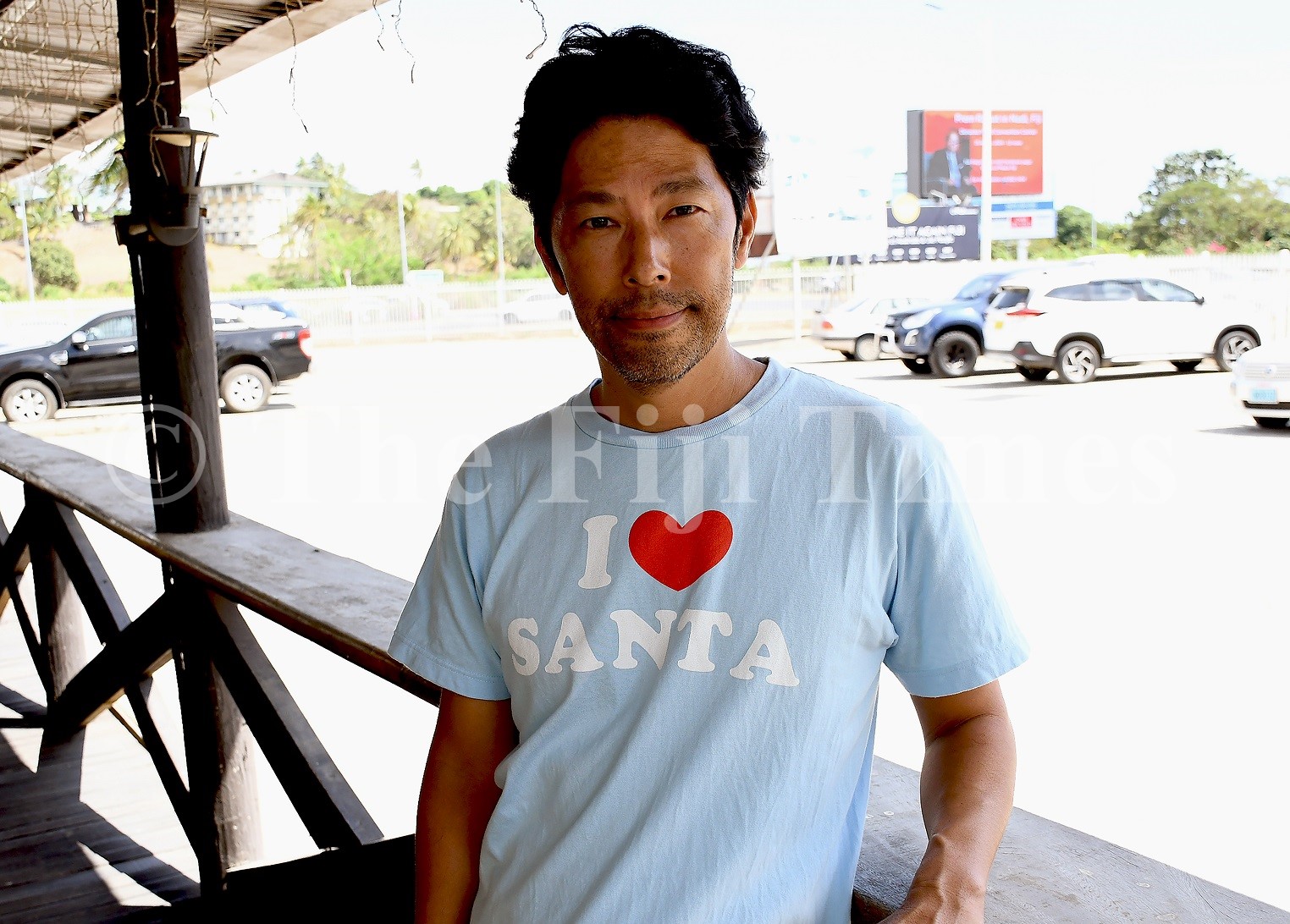Helping without being asked or without expecting anything in return is one of the highest forms of giving.
That ideal is not only what the world needs but also what the world severely lacks.
Surprisingly, Fiji is will known for the generosity of its people and a culture that embraces happiness and taking care of each other.
These values, among other things, easily made Yuma Nagasaki choose Fiji his home 17 years ago.
He says helping without being asked is something that is richly embedded in the Fijian culture.
Born and raised in Osaka, Japan, Mr Nagasaki is the general manager of Color Your Life Pte Limited, an English language school for Japanese students, located at Votualevu in Nadi.
“I visited 100 countries in my 20s and found that Fiji was the best country for me to live in,” Mr Nagasaki said.
So apart from settling in Fiji, he also decided to set up a unique educational initiative called School of Santa.
“Fiji is known globally for its highest happiness index, the spirit of giving and mutual support is second nature,” he said.
“This is vividly embodied in the Fijian concept of vuvale — a philosophy where one’s home is everyone’s home, fostering a community where everyone naturally helps each other.”
In contrast, he said, Japan, despite its advancement and conveniences that allow individuals to thrive independently, struggles with low self-esteem and a lack of social capital, leading to a society where asking for help is often stigmatised.
“Driven by these cultural contrasts and inspired by Fiji’s community spirit, the School of Santa was founded to teach the art of giving, modeled after Santa Claus – the ultimate embodiment of unconditional generosity.
“This online school is not just about gifting material items but symbolises aiding those in need, a practice we believe can elevate self-esteem and enrich social connections.”
Mr Nagasaki said Fiji had a reputation for being one of the happiest countries in the world, largely due to its expertise in giving.
“We’ve also noticed that while Fiji excels in communal support, Japan ranks lower in global indices for self-esteem and social capital.
“Through Santa’s school we organise trips for our students to Fiji to learn firsthand the Fijian way of helping others.”
Mr Nagasaki has also authored a book titled Fijian Happiness Theory, which has sold about 10,000 copies in Japan.
“This publication explores the profound impact of Fijian communal values on personal and societal well-being.
“I believe that sharing our story can inspire more individuals to embrace the spirit of giving, enhancing personal and community life across cultures.”
Reflecting on his personal life, the 46-year-old said his hobby was playing Japanese chess or shogi.
The only major challenge he faced in Fiji was dealing with boredom on Sunday.
“In Japan, the weekends, Saturdays and Sundays, are more energetic. People want to play a lot, but here people are not allowed to play on Sundays.
“I cannot find the kids on the village playground because it is kind of a relaxing day in Fiji, so Sunday for me is boring.”
Mr Nagasaki said his childhood was very fun-filled and he spent it largely with his only sibling, his elder sister.
“I studied for a Bachelor’s degree in Business Administration at Kobe University.”
For the future, Mr Nagasaki hopes to be the bridge between Fiji and Japan.
“Fiji and Japan are totally different but some of the customs and culture of Fiji are really helping Japan and vice-versa.
“That is why I want to be a bridge and ambassador between Fiji and Japan.”
He said his role model in life was Santa Claus and he wanted to live a life based on the principle of giving without being asked for help.
Mr Nagasaki’s advice to younger generation of Fijians is “not to be satisfied easily with what you achieve in life’.



